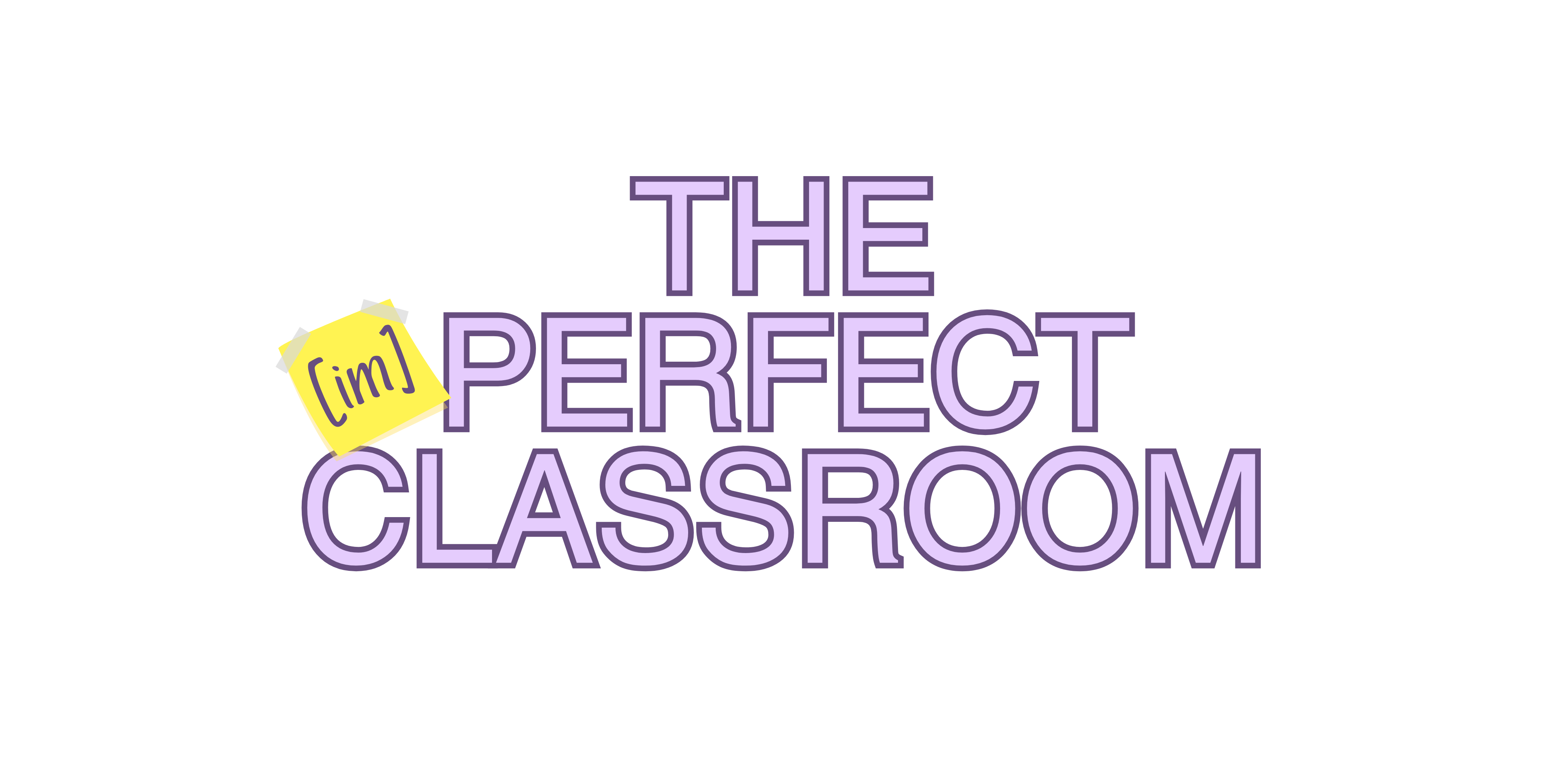Think about the “Like” button on Facebook. With just one push of a button, people are able to communicate a great deal of information. We are able to express ourselves and our opinions. We are able to share in a community and to make connections with others through the similarities we discover. And we are able to evaluate the claims of others, judging information to be credible each time we push “Like.” Now, I agree – sometimes we just “Like” that photo of a kitten yawning. But, you get the idea. Technology has allowed us and our students to customize and personalize information in a way that has never been done before.
Now, think about the Common Core Standards. These standards emphasize 21st-century skills and require our students to be able to collaborate with others within small and large communities. They require our students to be able to locate and evaluate sources using technology. And they require our students to be able to share information and to build their own arguments while considering things such as audience, purpose and language. Sound familiar? All of these skill sets are not too far from the behaviors our students exhibit when they utilize social media like Facebook. Those relevant connections between their personal and their academic lives are so important for teachers to make in our classrooms.
Unfortunately, it takes a lot of creativity and know-how to generate such connections for our students. The good news? We have our school librarians to help. School librarians have the resources, training and knowledge to help us make those meaningful connections between the Common Core Standards and our students’ interests and lives. Here’s why you need your school librarian now more than ever:
- Students must be able to evaluate information. Technology has ensured that our students have unlimited access to information. While this is exciting, it is also frightening. Our students must be able to sort through all this information and separate the credible from the unreliable. Your school librarian can help you co-plan and co-teach lessons that focus on the evaluation of sources and information, providing your students with the discernible eye they’ll need to survive in college and the workplace.
- Students must be able to collaborate. Technology and today’s global economy have made it necessary for our students to master collaborative skills. Being a part of a community in which they must share ideas, work and goals is important to students’ personal and academic growth. Your librarian can help you generate collaborative projects for your students that incorporate both information literacy and the Common Core Standards. And, working with your librarian helps you refine your collaborative skills, as well.
- Students must master technology. Regardless of the career paths they choose, all your students must be able to use technology to locate and create information. You’d be hard-pressed to find a business that doesn’t rely on computer software for day-to-day operations. Your school librarian can help you develop lessons for your students that focus on both content objectives and technology objectives. Blogs, digital stories, website creation – there are endless possibilities for transforming your current assessments into something more meaningful (and — GASP — more enjoyable) for your students.
- Students must be readers. Reading skills are always said to be the gateway skills to all subject areas. If a student can’t read, he or she is not going to flourish in any subject area. And the best way to get our students reading is to help them find the right book. When students find a book that gets them excited, they are more likely to pick up another book. And when they continue to pick up more books, their reading fluency and their vocabulary are going to improve. Your school librarian can help match your students’ interests with the right books, and he or she can help you incorporate more books into your curriculum to help support student learning. Plus, reading for enjoyment has its advantages, as well. Nothing beats a good book, and our students will benefit personally from becoming readers, too.
We’ve all been working hard this past year to implement the Common Core Standards in our classrooms, but it is important to remember we don’t have to go it alone. We have in-house experts in our buildings who can offer us much assistance in this process. Collaborate with your school librarians – you and your students will certainly “Like” the results.
Kimberly Shearer, an English teacher at Boone County High School, was named the 2012 Teacher of the Year on Oct. 18, 2011. During her year-long reign, Shearer is writing a monthly column for Kentucky Teacher that chronicles her experiences as a classroom teacher and as Kentucky Teacher of the Year. The column runs the second Thursday of each month.





This is a great article that I hope to use as a defense for my school librarian. For I recently heard word that my school district is ‘laying off’ all our teacher- librarians. It is extremely unfortunate that many do not realize how necessary our teacher librarian is.
As a teacher-librarian, I also have seen students trying to use the Internet to find information and conduct research. Many just copy and paste online material right into their notes which in turn usually winds up plagarized in their papers. Also, most students don’t know how to navigate online databases (especially as they get more techincal for high school and college students). I teach how to find appropriate (to the reading level) and reliable information from a variety of sources (online and in print). I then teach students how to verify that the information is reliable and how to take notes as to not plagarize. I teach how to cite sources and to synthesize the information into an organized final draft. Locating, evaluating, using and sharing information is just half of my job as a teacher-librarian. I also focus on literature appreciation. Connecting students to books that they will enjoy helps students to learn to appreciate reading. Not only do I teach students, but part of my job is also to train teachers in technology and anything else the administration asks me to do. Just this year, I provided inservices on understanding and diving deep into data analysis, 5E model of reading instruction, use of instant responders to guide formative assessment, and how to use smart boards to increase student engagement. Usually teacher-librarians have taught for many years in a classroom and have become master teachers. We help lead the school in whatever new direction education takes us.
I agree. The library media center is the heart of the school. It is so sad that we are losing library media specialist positions. Reading, technology skills, research, drama are just some of the things our children need and receive in the library media center. Every school should have a full time library media specialist to aide children, staff and the community.
[…] See on http://www.kentuckyteacher.org […]
Thanks for well written article Kimberly. I hope you got to meet WA State T.O.Y. and Teacher-Librarian Mark Ray. If readers want more reasons, have a look at the School Library Impact Studies I’ve linked http://craigseasholes.edu.glogster.com/school-libraries-deliver/
As a Teacher Librarian, I really appreciate your posting! One other way that the school librarian will be a big asset in implementing the Common Core Standards is through his/her interdisciplinary perspective. The Common Core Standards emphasize an interdisciplinary approach to literacy, and teacher librarians are well-equipped to work with classroom teachers in different disciplines and help them develop cross-curricular lessons.
[…] And here’s a link to an excellent article on Kentucky Teacher about the value of School Librarians: “Why You Need Your School Librarian.” […]
Great article!
If students are on Facebook and the internet all the time, why would a librarian be more equipped to tell them how to use this technology?
Being ‘on’ the Internet does not mean students know how to use it. I have taught all ages of students, and even up through masters level students do not have the best skills available to find, evaluate, and use information (which is the definition of information literacy). Library professionals are experts in this very field.
Being able to use something and being able to use something EFFECTIVELY are two different things. :-)